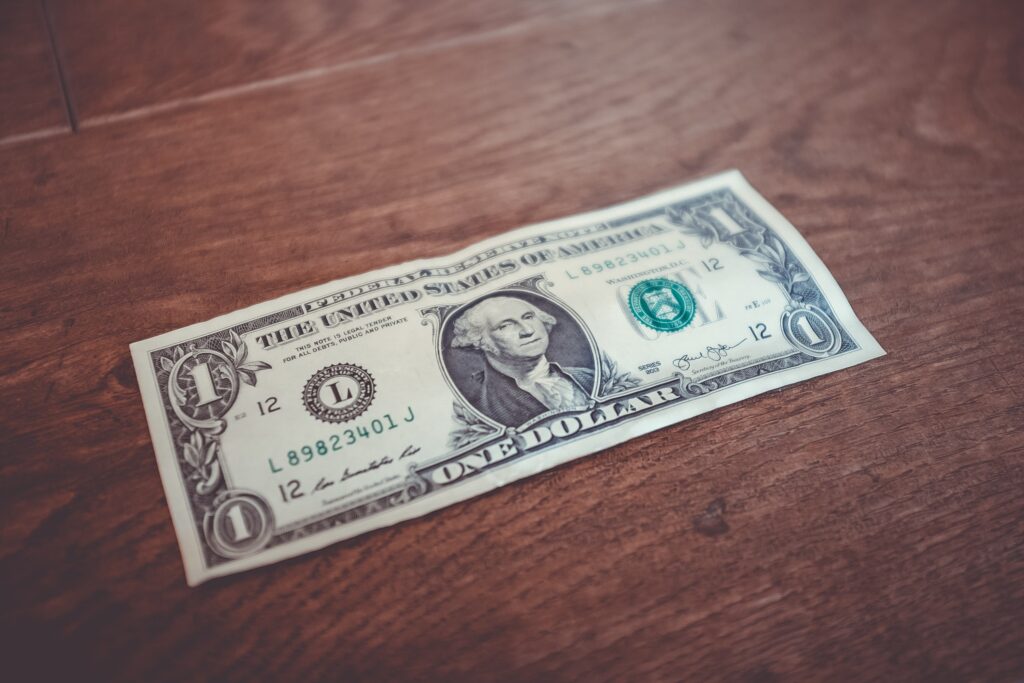Some students notice work hours cut, increase in prices after minimum wage raise
3 min read
Minimum wage for UMW students has increased to $9.50 per hour, but some employers cut hours and raised retail prices. | NeONBRAND/Unsplash
by TABITHA ROBINSON
Staff Writer
When Virginia’s minimum wage was raised to $9.50 per hour in May, UMW student employees saw their wages rise as well. While many students were happy with the raise, UMW’s budget cuts following the COVID-19 pandemic have had adverse effects on some employees.
While the increase in the minimum wage had some effect on the budget cuts, COVID has made the biggest impact.
“COVID has had a far greater impact on the university’s budget than the increase in the minimum wage,” said Vice President for Administration and Finance and Chief Financial Officer Paul Messplay. “Although any additional expense in the university’s budget has its impact, there were no budget cuts specifically associated with the increase in the minimum wage.”
Bradlee Nicholls, a graduate student and graduate coordinator for facility operations at Campus Recreation, agrees that COVID was the main issue.
“The money brought in during [2020] was not sufficient to support the school without budget cuts,” said Nicholls. “Overall, [the rise in minimum wage] is a great thing for UMW’s students. The only disappointing part was that COVID happened during the same time as the increase in minimum wage, as this has really hurt the school, especially in certain departments. If there was no COVID, the school would 100 percent be able to handle the increase in wages.”
Nicholls has also noticed effects on his hours.
“I have seen my hours get cut,” he said. “The graduate coordinator position is supposed to be 20 hours per week, and now I’m only working 15 hours per week. As an international student who can’t work off campus due to visa limitations, it really does limit me to what I can do, work-wise, on campus.”
Some departments, such as Campus Recreation, were impacted more than others. Between COVID and the minimum wage increase, UMW has had to choose where to raise prices and where to cut hours.
“At the gym we did have some budget cuts, and we are making up for it by increasing some prices for some of our offers,” said sophomore studio art and marketing double major Lauryn Taylor. “For example, if you wanted to attend a cycling or yoga class for one whole semester, it was $10 last year, but now it’s $25.”
Kylie Jackson, a sophomore conservation biology major, has worked at Vocelli Pizza on campus for one year and has not noticed any changes.
“Wages going up were nice, but then all the food prices went up, so it really made no difference,” she said. “Meal swipe prices are the same, but extras are more expensive: ice cream is a dollar more now. I never noticed anyone’s hours being cut.”
Taylor appreciates the minimum wage increase, but fears for the university’s budget.
“I think that the minimum wage raise is great for students with jobs on campus, but the budget cuts everywhere on campus is bad for students and possibly the university overall,” she said. “It seems like we are struggling, and people who work on campus have noticed.”
The Virginia General Assembly passed the minimum wage increase in 2020, according to the Richmond Times-Dispatch. The same legislation mandates that the minimum wage increase from $9.50 to $11 in Jan. 2022, then to $12 in Jan. 2023.
Marissa Lipp, a junior history major, holds three on-campus jobs. While she did not notice any adverse effects personally, she worries about the UMW’s budget.
“How is the school going to pay for the increase in wages without more budget cuts to other things?” she said.
Despite the adverse effects on some departments, Nicholls believes the increase in minimum wage will still help student employees.
“I do know this will hurt the school more, but it will benefit the students,” said Nicholls.


